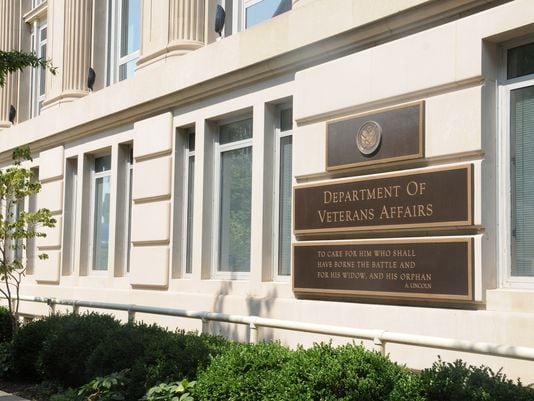Two Department of Veterans Affairs executives inappropriately used their positions to benefit from the VA's relocation and benefits policies, according to an inspector general's report released on Sept. 28.
The report alleges that Diana Rubens and Kimberly Graves each used their positions to create lower-level vacancies that they then applied for, retaining higher salaries and gaining hundreds of thousands of dollars in relocation benefits.
"We made criminal referrals to the U.S. Attorney's Office, District of Columbia, regarding official actions orchestrated by Ms. Rubens and Ms. Graves. Formal decisions regarding prosecutorial merit are pending," the report said.
Related: Read the report
Rubens, then Deputy Under Secretary for Field Operations, volunteered to become director of the VA regional offices in Philadelphia and Wilmington, Va. in 2014, a job that she previously oversaw.
In her new position, Rubens had "a significant decrease in job responsibilities", but retained her previous salary of more than $181,000. As part of her relocation benefits, Rubens was also paid more than $274,000.
Investigators determined that Rubens used her previous position to create the vacancy by working with Ms. Graves to help transfer the then Philadelphia director to fill a vacancy in Los Angeles. Rubens then stepped down to take the Philadelphia position, which she admitted was because she had family in the area.
Graves, a former Veterans Benefits Administration Eastern Area director, likewise left her position to become director of the St. Paul VA regional office, retaining her nearly $174,000 salary for a position with less responsibility and billed the VA for more than $129,000 in relocation costs.
Federal benefits allow for the payment or reimbursement of relocation costs of employees moving more than 50 miles away, and, through the Appraised Value Offer Program, also receive benefits to help them sell their homes. The report found the relocation charges in-line with VA policy.
But Rubens' benefits were approved by people who were formerly her subordinates, including Graves, who approved a 47-day extension of Temporary Quarters Subsistence Expenses.
Graves later followed a similar path by creating a vacancy in the St. Paul office and taking that job to be closer to family, but retaining her higher salary.
In both cases the prior office holders expressed an initial reluctance to be transferred, but were nevertheless moved to create the open positions that Rubens and Graves later accepted.
"Our analysis of available evidence indicated two directors appear to have been inappropriately coerced to leave positions they were not interested in leaving to create vacancies for Ms. Rubens and Ms. Graves," the report said. "Ms. Rubens and Ms. Graves were in positions that allowed them to effect these transfers and, therefore, misused their positions of authority for their own personal benefit."
The OIG made a total of 12 recommendations from revamping the procedures for approving relocation benefits and senior executive transfers to recouping relocation costs from Rubens and Graves.
VA officials concurred with the recommendations and promised to take action by the end of the year.





